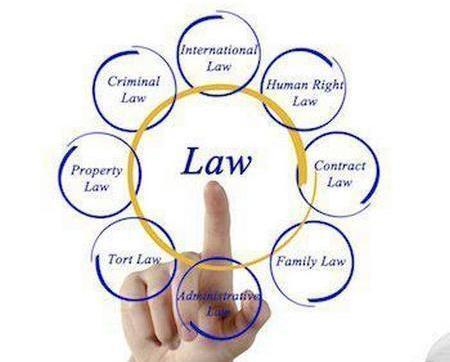Mass Muslim Marriages Bring Up Questions of Comity in the US
The Quincy Herald-Whig reports that Islamic religious authorities have conducted a mass marriage ceremony involving over 1000 couples in Kano, Nigeria. Amongst the reasons given for conducting the mass ceremony were: financial protection for widows and divorcees; children being born out of wedlock; a rise in illicit behavior like drinking and prostitution; and as relief for less affluent bachelors who wish to marry. Under Nigerian custom, a dowry must be paid to the bride in order to marry, in addition to costly ceremonies leading up to the wedding. Bachelors, too poor to afford the price of marriage, are reportedly resorting to the less-expensive option of prostitutes.
 And many prostitutes themselves are being swept up in mass weddings like these (which are becoming more and more frequent; according to Deputy Governor Abdullahi Umar Ganduje, nearly 4500 couples have been married in mass ceremonies in the last 18 months). Most couples welcome the opportunity to marry so inexpensively. However, convicted prostitutes are given the choice to either go to jail or get married. Many choose to get married.
And many prostitutes themselves are being swept up in mass weddings like these (which are becoming more and more frequent; according to Deputy Governor Abdullahi Umar Ganduje, nearly 4500 couples have been married in mass ceremonies in the last 18 months). Most couples welcome the opportunity to marry so inexpensively. However, convicted prostitutes are given the choice to either go to jail or get married. Many choose to get married.
This story raises interesting questions about foreign marriage. Many who marry outside of the US intend for a “destination wedding,” and expect their marriage to be recognized once they reach stateside. Others have their marriages arranged for them, and then come to the US. Others still are, based on the above reported story, coerced into marrying against their will in foreign nations where local custom recognizes such marriages. The question, then, is this: what makes a foreign marriage valid in the US?
States Decide
Family law is an area of the law traditionally left to the states. This is illustrated by the fact that age of consent to marry, the acceptable level of consanguinity, and, recently, recognition of same-sex marriage, can vary widely depending on the state. Whether a state will recognize a foreign marriage, or any other legal judgment rendered by a foreign government, depends on the doctrine of comity.
Comity is the policy of recognizing foreign judgments in local courts, and the courts have the authority to so recognize, but not the obligation. In Illinois, foreign marriages can be proven by cohabitation and other evidence. However, “[r]ecognition of a foreign judgment may be withheld where (1) it is contrary to the public policy of the state where the recognition is sought, (2) the country in which the decree was rendered does not recognize American decrees, or (3) the judgment was obtained in bad faith, by fraud or by taking advantage of the foreign law.” If someone was married against their will, then it is possible that an Illinois court would not recognize it.
Contact an Illinois Family Law Attorney
Foreign marriage is a difficult proposition for anyone hoping to make a home in the US. An experienced family law attorney can help navigate the difficult waters of foreign marriage or divorce. Contact Mevorah & Giglio Law Offices today for a consultation.
 English,
English,
 Spanish,
Spanish,
 Polish,
Polish,
 Urdu
Urdu













 Make a Payment
Make a Payment



